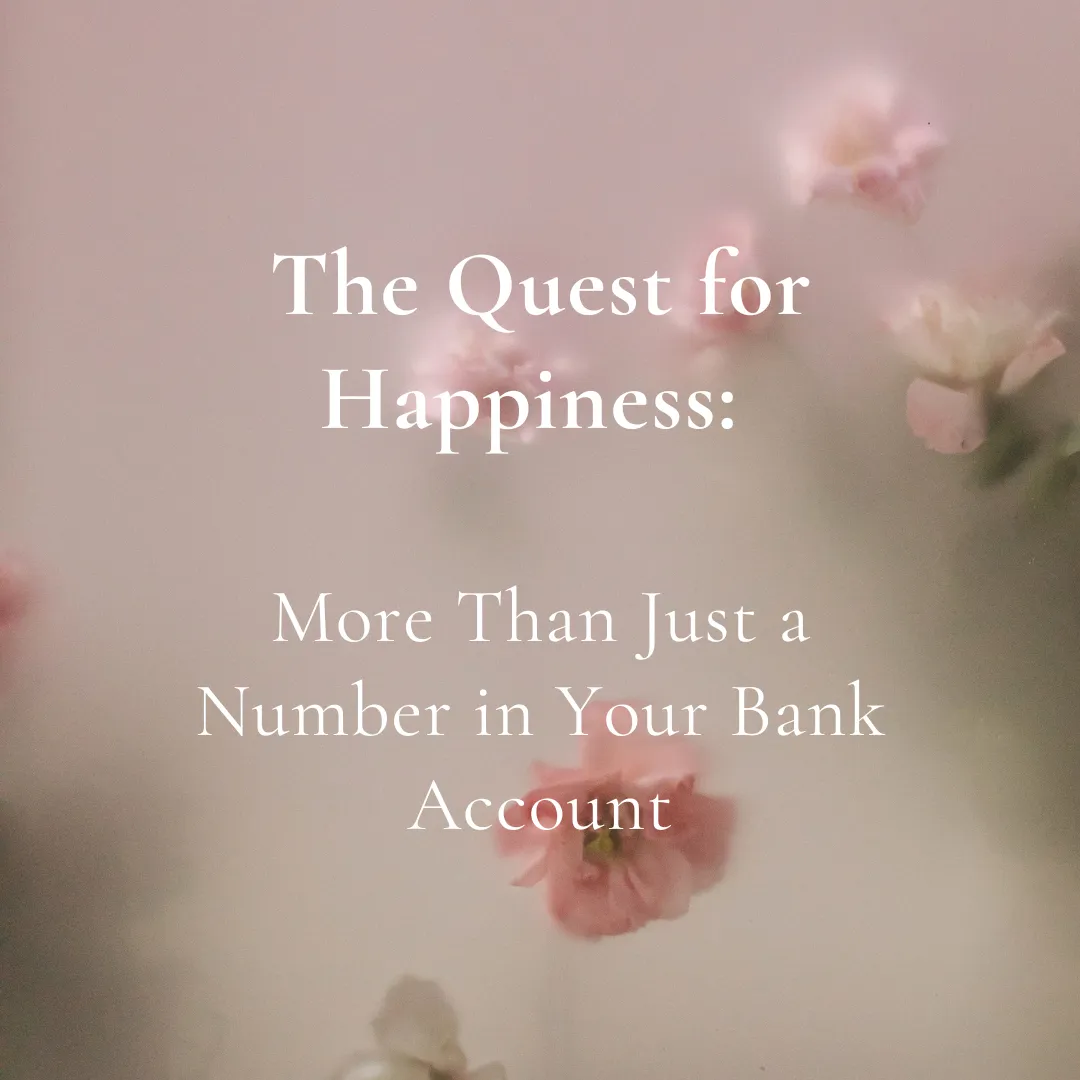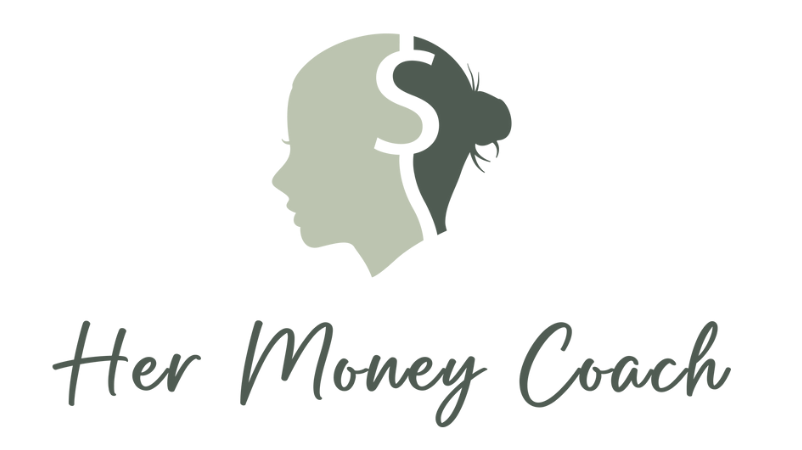
The Quest for Happiness: More Than Just a Number in Your Bank Account
"Money is numbers and numbers never end. If it takes money to be happy, your search for happiness will never end.” – Bob Marley
Introduction:
Have you ever noticed that some of the happiest people you know aren't necessarily the richest, reminding us that our greatest wealth might just be something other than money.
Don't get me wrong, I love money because money can indeed solve problems and provide options. I'm just saying money itself doesn't make people happy.
This article explores the often underestimated value of our relationships, offering a fresh perspective on what really matters. We'll uncover the true foundations of happiness and resilience, proving that sometimes, the best investment might just be in the people around us.
Yet still, often when someone has a money challenge or set back, they commonly retreat into isolation, yet groundbreaking insights from the Harvard Study of Adult Development suggest that connecting with others is where we get our most happiness.

Money and Happiness: Unpacking the Myth
The pursuit of financial success is often seen as a direct route to happiness, compelling many to equate a higher bank balance with a better life. However, extensive research, including the Harvard Study of Adult Development, challenges this conventional wisdom. Initiated in 1938, this groundbreaking study has followed over 700 individuals from various backgrounds through the decades, examining countless aspects of their lives, including physical health, mental well-being, and financial status. The findings are revealing: once basic needs are met, the incremental happiness gained from additional wealth diminishes significantly.
This phenomenon is also explained by the "hedonic treadmill" theory, which suggests that as people make more money, their expectations and desires rise in tandem, which leads to no permanent gain in happiness. For example, a seminal study published in the journal Nature Human Behaviour in 2021 updated the famous Princeton study's findings from 2010, suggesting that while income correlates with self-reported life satisfaction, the effect sizes are modest beyond an annual income of about $75,000 (this actual number is outdated, it's probably more like $150,000 in today's world).
The True Wealth: The Power of Connections
The Harvard Study extensively highlighted that relationships are a more reliable predictor of happiness than financial status. Participants who maintained warm, supportive relationships were not only happier but also lived longer, healthier lives. This aligns with other psychological research, such as a study published in the Journal of Socio-Economics, which found that relationships significantly impact life satisfaction, often more so than economic factors.
Stories That Illustrate Wealth in Well-being
Oprah Winfrey: Beyond her status as a media mogul, Oprah Winfrey has often shared how her true joy stems from her engagement with the audience and her philanthropic endeavors. Her leadership in creating a platform for education and empowerment through her book club and school in South Africa highlights how her interactions and relationships fuel her happiness more than her considerable wealth.
Malala Yousafzai: The young Nobel laureate from a humble background in Pakistan shows that happiness and drive can stem from passion and advocacy rather than material wealth. Her global impact on girls' education and her close ties to her family and mission illustrate that real happiness often lies in fulfillment and meaningful relationships.
Just like these inspiring women, I've come to realize firsthand that money isn't the key to happiness in life. When I faced the tough decision to walk away from my dream—my business, my home—and endure a significant financial loss, I caught myself being incredibly harsh in my self-talk. It was a way I'd never dream of speaking to someone else. I struggled with the urge to isolate myself, to avoid the embarrassment and shame of my business failure. However, as I began to share my story, I was overwhelmed with love and support from friends and family. This support helped me see that I could be open about my experiences and kinder to myself. I learned that money is just that—money. I still possess my intellect, my experiences, my wisdom, which means I have the tools to rebuild financially. It was during these times that I felt profoundly grateful for my deep connections, reaffirming that what I truly value most in life is my relationships with family and friends.
Harnessing Happiness: Practical Steps
So, how can we use this knowledge? Here are three practical steps to enhance our happiness based on these insights:
Invest Time in Relationships: Prioritize spending time with family and friends. These moments are foundational to building lasting happiness.
Cultivate Gratitude: Regularly express gratitude towards the people in your life. Acknowledging others' roles in our lives deepens connections and enhances our own happiness.
Create Meaningful Experiences: Focus on creating shared experiences that build memories, from simple walks in the park to traveling together. These shared moments foster strong bonds and enduring joy.
A Moment to Reflect
Think about when you last felt truly happy. Was it purchasing something new, or was it a moment shared with someone you care about? More often than not, the memories that stick with us, the ones that bring true joy, involve people, not things.
As we navigate our daily routines, this wisdom from decades of research serves as a powerful reminder: the essence of a fulfilling life, the kind that genuinely enriches us, is not measured by our bank account but by the richness of our relationships. Let's cherish and nurture these connections—they are, after all, our greatest treasures.
Conversely, although money isn't a guarantee for happiness, it most certainly provides options that can make life even more amazing.
Legal Disclaimer: This content is not financial advice and is for informational purposes only. Always consult with a qualified financial professional before making any financial decisions.
